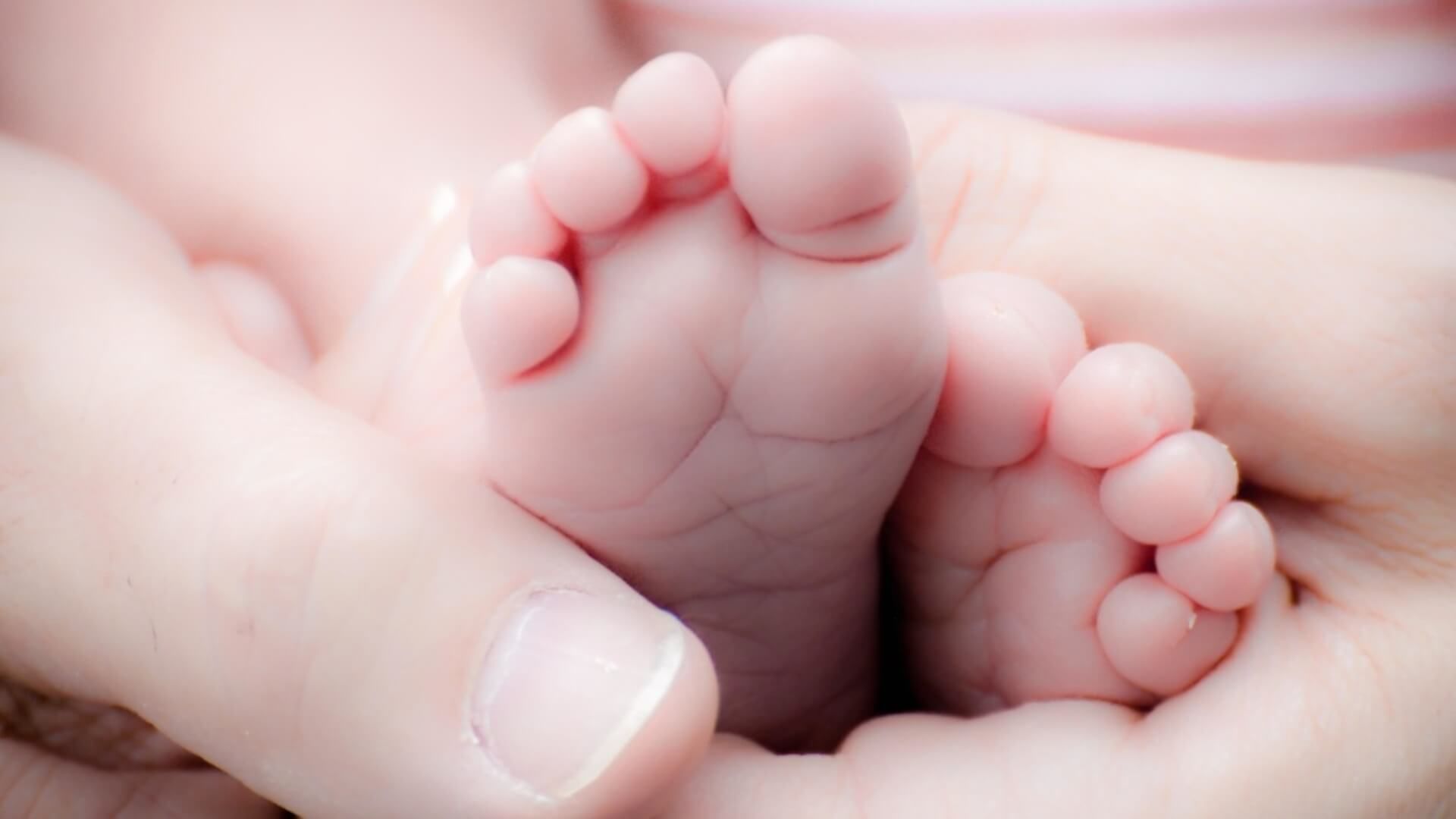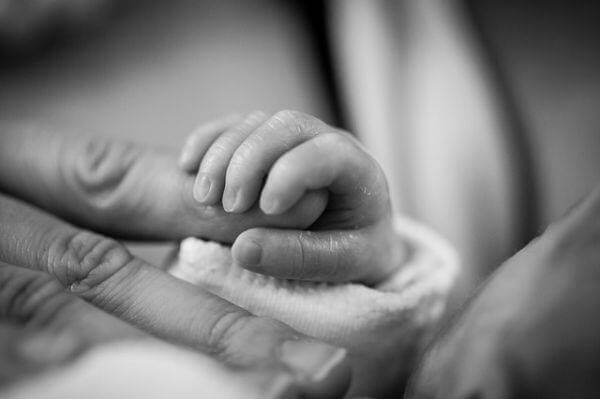
Birth Companions: making pregnant women’s and new mothers’ voices heard
Birth Companions (BC) is a London-based organisation set up in 1996 to support women prisoners during pregnancy and birth. Since then, the organisation has developed into a registered Charity and has expanded its services to vulnerable pregnant women and new mothers in the community: prison and home visits, antenatal and postnatal classes, provision of practical items and support groups are among its activities. In May 2016 BC launched the Birth Charter, a set of recommendations for the Government and the Prison Service for the care of pregnant women and new mothers held in prison in England and Wales. We have discussed the charity’s current projects and aims with Naomi Delap, Director of the organisation.
Many things have changed since Birth Companions was founded in 1996, and you now work with both women prisoners and women in the community. How did these changes happen?
The changes happened very slowly and organically in response to what women told us they needed. BC started to develop a community based service because there was a recognition that pregnant women and new mothers coming out of prison faced huge challenges that we could help with. Then we came to recognise that there were many other women who faced huge social and health inequalities who would also benefit from our support. Now we work in two prisons and in the community across London, and we have started to develop our voice in campaigning for the improvement of care for women in prison and the community across the country.
Many of the women in the stories published on your website describe Birth Companions’ workers and volunteers as “friends”, “family”, or even “mothers”. How do you establish such relationships of trust and intimacy, and what do you think is the peculiarity of Birth Companions’ approach?
You have identified one of the most important factors in our work: trust and intimacy are really crucial in engaging a woman, in supporting her and then in facilitating her engagement with other services. Our approach is woman-centred – this means that a woman will always have control over whether and how she is supported. We also describe ourselves as being “trauma-informed”: working on the assumption that every woman we support will have experienced trauma in her past, and keeping this in our minds as we work with her so that we don’t do anything to re-traumatise her. Perhaps most importantly, our staff and volunteers are all very passionate about caring for women and children and will go to great lengths to provide the support she needs; whether that’s staying with her through the night while she labours, driving across London to deliver a piece of equipment she needs, giving expert breast-feeding advice, doing her washing up or just talking. Things a friend, a family member or a mother would do.

Do you think that gender inequality and sexism have an influence on the experiences of the women you support during pregnancy? If so, how do you challenge these?
The women we support have experienced high levels of physical and sexual violence and of childhood sexual abuse, so they are really at the sharp end of gender inequality and sexism. There’s evidence to show that women are far more at risk from these experiences and that these experiences conflate with poverty, disability and poor mental health. I think women also suffer from having their needs unrecognised, and from a lack of voice – they are unheard. Along with other groups working in this area (e.g. Agenda – alliance for women and girls) we are working to highlight women’s experiences, advocate for change and give them a voice – they are the experts.
You’ve recently started a new project to encourage mothers that you’ve supported in the past to work with you as peer supporters. How does this project work and what are its main objectives?
The women we work with have always supported each other in our groups. In a recent evaluation they told us they would like more formal volunteering opportunities so we decided to introduce a project for them to work as peer supporters in the prisons and the community. Women will attend training and then volunteer once a month in our groups, offering other women information and emotional support. There’s lots of evidence to show that people respond very positively to being supported by those who have been through similar experiences, and we’re hoping that the volunteers will also gain skills and satisfaction from training and working in this way.

How did you come up with the idea of the Birth Charter? And do you think it has had an influence on the government’s policies so far?
The idea of creating a set of recommendations to improve the care of pregnant women and new mothers in prison has been on Birth Companions’ to-do list for about ten years! When I joined the organisation in 2014 there had been some work done to develop them with a group of women who we had previously supported in Holloway Prison. We worked slowly on The Birth Charter until February last year, when the Prime Minister at the time, David Cameron, suddenly made a speech on prison reform and mentioned the situation of mothers and babies in prison. We decided that we had to take advantage of this unprecedented level of political interest, so we very quickly finished The Birth Charter and sent it to the Prime Minister and relevant government officials. The team that is responsible for running the women’s prisons is currently reviewing the legislation governing perinatal women, and we’ve been feeding into that process. They’ve sent the Birth Charter to every women’s prison in the country for consultation, so that’s a positive sign.
A number of prisons in the United Kingdom have mother-and-baby units, where new mothers can live with their new-born babies for the first 18 months of their lives. However, many advocate for alternatives to detention for female offenders with babies, such as housing in resettlement units or electronic tags. Do you think these would be better solutions?
Many mother and baby units do excellent work, but at the same time we think that prison isn’t the place for most pregnant women and new mothers. The key is to create in the community the same range of support that women can receive in prison to enable them to get the help they need, address their offending behaviour and parent their children effectively. Housing in resettlement units in communities could be one solution; support offered through women’s centres is another. What is certain is that if women are left without that support in the community then they are at much higher risk of struggling as parents – and the family courts are currently full of families who are being separated from their children.
What are your objectives for the future? Are you currently thinking of new projects?
I’m always thinking of new projects! We have to consolidate the work we’re doing with peer support, and we have an ambition to start offering birth support in both the prisons we now work in. We will keep pushing for reform in prison and I think we will also start to focus on a Birth Charter for Women Facing Severe Disadvantage in the community, although I’m hoping that this one doesn’t take us ten years to produce!
Birth Companions, charity, featured, Pregnancy